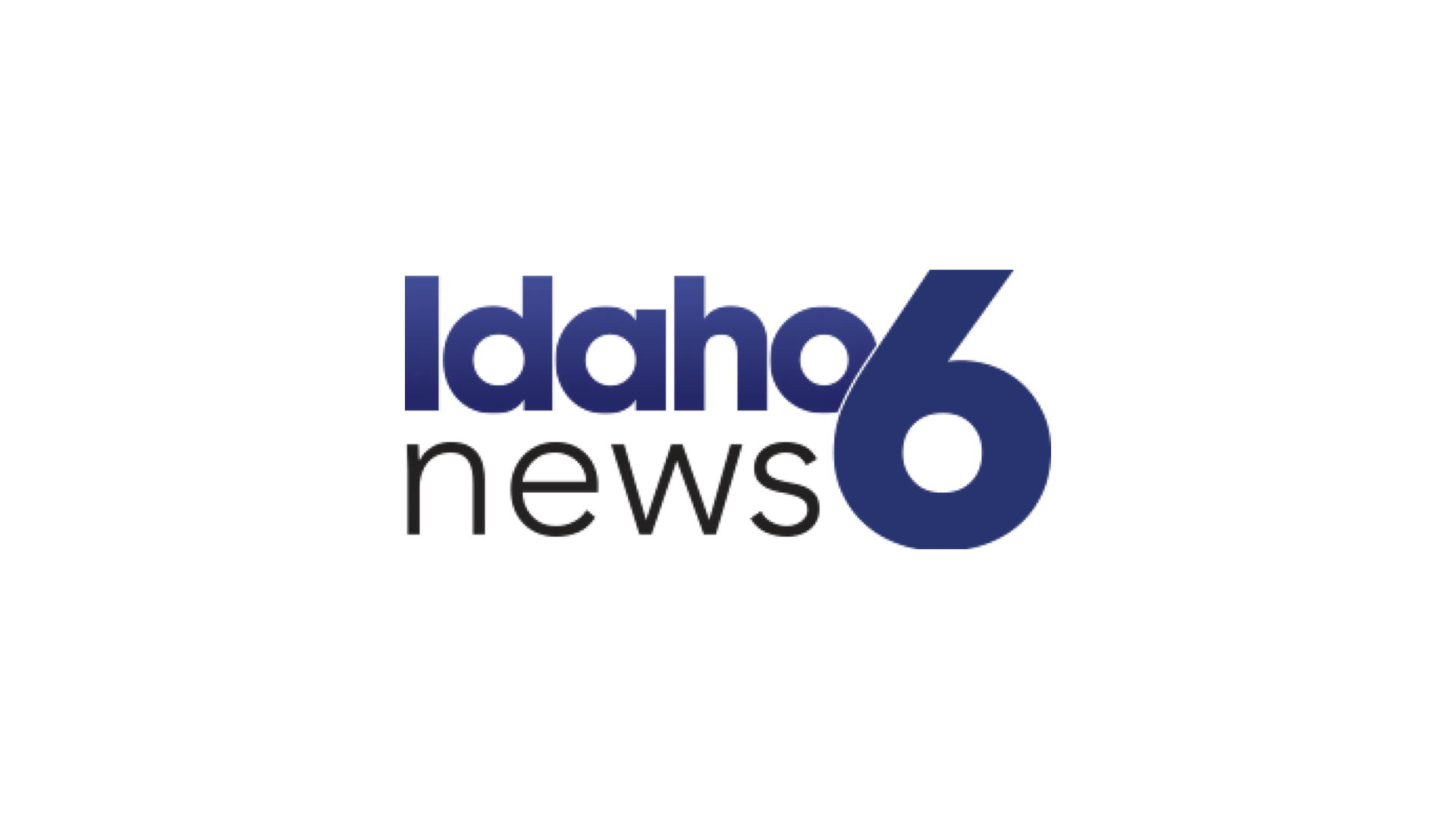
Orginially published on Solar Energy Industry Today– June 3rd, 2024
The Maine Department of Education’s (DOE) Office of Special Services and Inclusive Education held its first annual Transition Maine Youth Summit at Central Maine Community College on Thursday, May 30th. Students with disabilities from all over Maine had the chance to explore nearly two dozen career pathways and engage with professionals and peers about post-secondary life.
“It was a fulfilling day for all our students with varying abilities and challenges around belonging and inclusion,” said Co-Chair of the Executive Student Committee Connor Archer.
This year’s Summit theme was I Belong. “Our students belong in all spaces,” Titus O’Rourke, Maine Department of Education Transition Specialist, shared with WMTW. “We must establish high expectations for students with disabilities and create pathways for them to explore their career interests. In doing so, we promote and further secure their opportunities to post-secondary economic inclusion.”
The Maine DOE created the Transition Maine program in early 2022 to provide equitable and inclusive transition services for students beyond high school and into adulthood. Since then, the team has been on a mission to amplify youth voices in Maine and beyond. One of these initiatives, with the support and guidance of the Summit’s Executive Steering Committee and a team of student advocates, promoted the need and value of the Youth Summit for our students with varying abilities.
“It’s an event where other students, like me, come and learn different skills,” said Camren Dubay, a student from Dirigo High School and member of the Summit’s Executive Steering Committee. “We’ve done a lot of planning in the background for this event.”
Throughout the day, students engaged with different career pathway led by their peers and Maine businesses. Students explored potential occupations at each career pathway by participating in an activity highlighting skills needed to work in the respective industry. Joshua Ellis, another Executive Transition Student Committee member, taught his fellow students how to change spark plugs alongside two representatives from Darlings Auto, a skill he learned at Capital Area Technology. “Now I don’t have to pay someone to fix my car,” joked, or as he likes to say, joshed Ellis.
As students completed each activity, they logged their experience in their Career Exploration Passports. These Career Passports serve as student-led transition assessments, which educators can use to help develop the necessary Transition Plan sections of student’s Individualized Education Plans.
Stacey Brown, the climate educator at Revision Energy, led a Career Pathway on Solar Energy that was very popular with students. “I’ve really been enjoying seeing how excited the students are about certain activities. We have kits that students can build showing what they would do if they worked in the warehouse, and students have really enjoyed sorting and organizing those,” Brown explained. “Other students are just having fun understanding solar energy by playing with the circuits and the solar cars. So, it has been fun to have a variety of activities that meet the needs of all the students.”
When students weren’t outside exploring Career Pathways, they visited Let’s Talk Tables to discuss different themes around post-grad life, such as health equity, advocacy, and resume building. Darius Reaves, a student at Maine Virtual Academy, tested Maine’s new accessible voting machines at the Secretary of State’s “Come On, Let’s Vote” table. “It was great,” Reaves said of practicing his voting skills, “I think I might get used to it when I’m 18…I think I might like it!”
At the advocacy table, Anna Schmidt had one crucial message for students: “Know your rights! You can’t protect your rights if you don’t know them.” This message was echoed by the day’s guest speakers, Derek Schmitz and Michael Uher, self-advocates dedicated to making space for young people with disabilities like their own.
“You deserve to have your needs met,” Schmitz urged their peers in the Summit’s opening. “You deserve accommodations.” Schmitz is a paralegal in his second year at Gadsden State Community College in Alabama. They are also the Lead.
(a culinary arts program at Lewiston Regional Technical Center, taught students how to make cannolis)
Advocate for Derek Schmitz Advocacy, a firm he started in 2018.
Uher is also a college student and disability rights advocate. Uher spoke over Zoom, sharing his experience finding his place after a traumatic event in fourth grade left him with Post Traumatic Stress Disorder and Psychogenic Non-Epileptic Seizures. “My voice wasn’t being heard. I felt like it didn’t matter,” he told the crowd. Today, Uher uses that experience to connect and inspire other students with disabilities. “We all face our own challenges, disability-related or not,” said Uher. “But how we react to and overcome these barriers is what truly matters.”
For everyone present, the Summit was an empowering and inspiring experience. “I love seeing all the students that are coming into the Summit,” expressed Cathy Dionne, Executive Director of the Autism Society of Maine. “They’re looking around at different things that they may want to do in the future. It gives them opportunities to test things out.”
“This may seem like a small thing, but I’ve been told multiple times by my own mother one small action can make a big difference, and this is going to make a big difference in people’s lives,” said Ellis.
“We have so much more work to do. We are already thinking about our next initiatives, next year’s summit, and so much more,” said Archer of the event. “This is our true passion. We believe strongly that all students deserve the opportunity to live a successful life where their future and their plan is at the center of it all, no matter what abilities or challenges they have.

Joshua Ellis opened the event with a speech.

Representatives from the Green Ladle
To learn more about Maine Virtual Academy please visit, https://meva.k12.com/.




